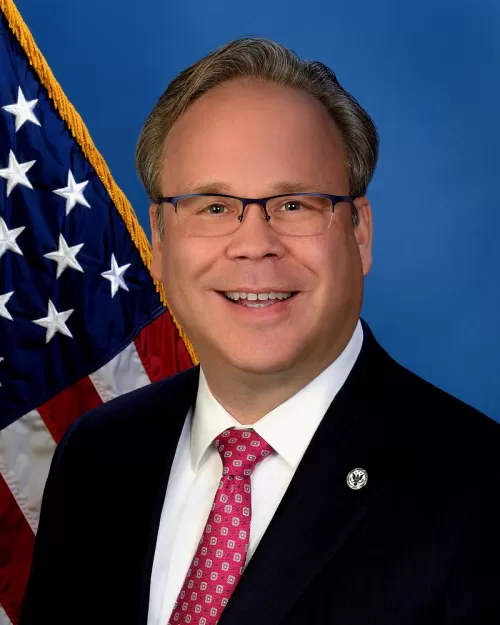As Prepared for Delivery on December 17, 2020
Thank you, Viki and Andy, for your informative briefing on the Share Insurance Fund’s Normal Operating Level and for underscoring the importance of maintaining a strong fund.
Insuring the share deposits of members up to $250,000 and safeguarding the Share Insurance Fund from losses are two of our most important duties on the NCUA Board. The credit union members, federally insured credit unions, and taxpayers who back the Share Insurance Fund count on us to get the Normal Operating Level right.
Without question, 2020 was a challenging year for us to estimate the Normal Operating Level. Credit unions experienced a dramatic rise in assets, and very low interest rates returned. What is more, the Federal Reserve did not publish the adverse economic scenario on which we usually base our estimate.
Nevertheless, the NCUA’s staff performed appropriately and admirably in responding to these new realities. They made technical modifications to our economic models to account for unusual share growth and worked within the existing policy to approximate an adverse scenario on which to calculate the Normal Operating Level.
Their work resulted in the three options outlined on slide 8: one which would maintain the current Normal Operating Level, one that would slightly increase the Normal Operating Level using all three policy factors, and one that would slightly decrease the Normal Operating Level by removing the projected decline of the equity ratio in 2021.
Normally, my policy preference would be to choose the most conservative option. That’s the right thing to do for taxpayers. That said, the difference with the staff recommended option is just one basis point. And, we are already in the midst of an economic downturn, so we have no time to build the reserves needed to reach the Normal Operating Level. Thus, I am comfortable leaving the Share Insurance Fund’s Normal Operating Level at 1.38 percent.
As we move into 2021, I agree that we should establish a working group to review the policy decisions behind setting the Normal Operating Level. That working group will evaluate the lessons we have learned thus far from the pandemic’s economic fallout, the options going forward to determine on which economic scenario to base the operating level, and the fact that the NCUA Guaranteed Notes program will mature next year. In their research, the working group may identify other policy options for us to consider. In considering all of these options, the NCUA Board must be transparent and invite public comment.
Additionally, as I noted at September’s briefing on the Share Insurance Fund’s performance, we should begin a discussion with Congress about modifying the way in which we manage the Share Insurance Fund. Under its statute, the FDIC has higher reserve requirements, greater administrative flexibility, and the ability to charge risk-based premiums in managing the Deposit Insurance Fund.
While the NCUA does not need to have identical powers to the FDIC, these policies are sensible and a better way to manage risk. And, they would create a countercyclical approach that allows for the building of reserves during good times to cover losses in bad times.
Before I close, I have a few questions for staff. First, I know that we’ve covered this matter before, but it bears asking again, what is the likelihood of a premium assessment in 2021?
Second, to facilitate an economic recovery, the Federal Reserve Board has indicated that it expects to hold rates near zero for at least three more years. How will low rates affect the Share Insurance Fund’s equity ratio going forward, and what are the implications for the Normal Operating Level?
Finally, instead of using a moderate recession to estimate the Normal Operating Level, what would be the benefits of using a severely adverse ratio instead? Do other federal banking agencies use severely adverse scenarios under their rules?
Mr. Chairman, I have no further comments or questions.



